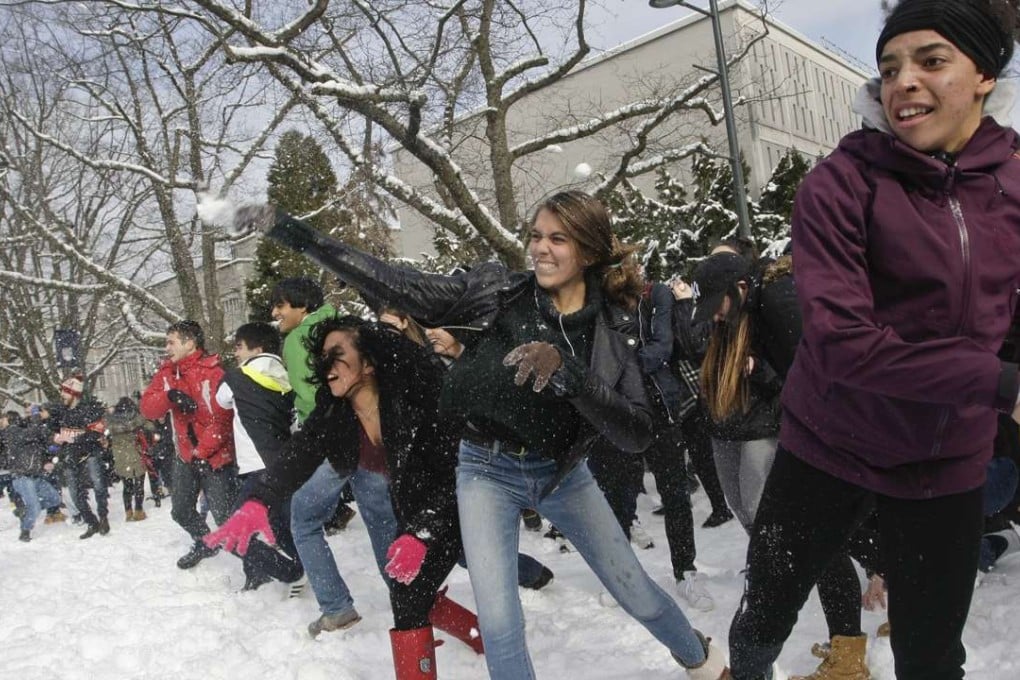The Hongcouver | Vancouver’s foreign buyer tax and the work-permit loophole ‘you could drive Highway 99 through’
After BC’s Premier Christy Clark announced tax exemptions for work permit holders, foreign grads wanted to know: Can I buy real estate now? How much can I borrow?

Is it a mistake to offer exemptions from the Vancouver foreign buyer tax to home purchasers with Canadian work permits?
“I recently graduated and got a work permit. Can I buy a property now?” asked another last week.
Are these presumably foreign-funded buyers the folk that Clark now wants back in the Vancouver real estate market, which has seen sales nose-dive 40 per cent in the wake of the tax?
The rationale for the BC Liberal government to offer exemptions is sound, assuming that the goal of the tax is to improve affordability by preventing foreign capital further skewing a market that had become detached from local incomes (and is not, say, a pre-election political tactic). People who live and earn locally should not be unfairly punished.
